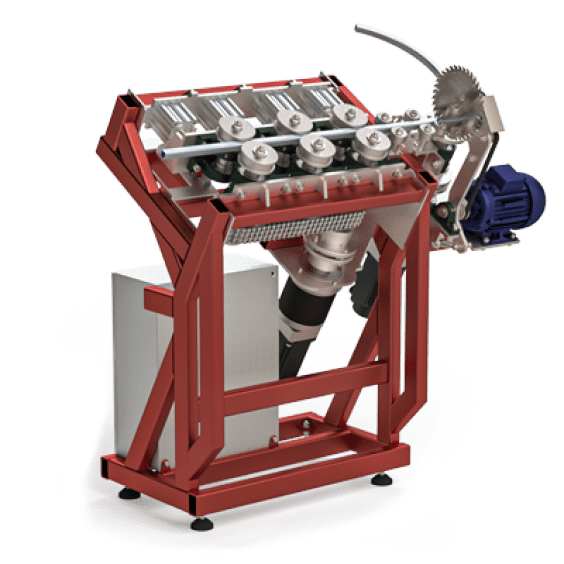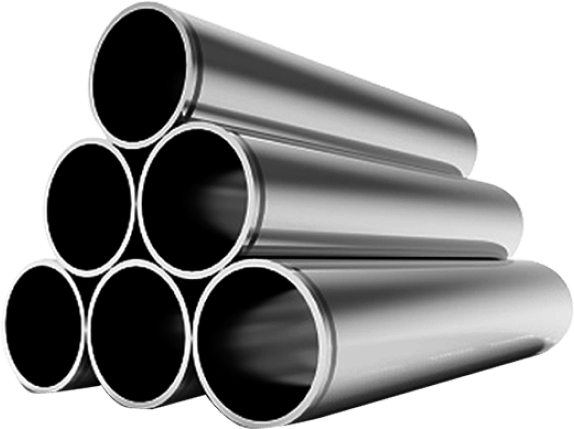OPG
(Original Parts Group)
Business consulting
(Industrial & automation parts)
Your professional partner in
industrial automation spare parts supplying
(Original Parts Group)
Business consulting
(Industrial & automation parts)
Your professional partner in
industrial automation spare parts supplying

Good customer service can make all the difference in a business’s success.

Shopping is a popular pastime for many people.

Online shopping offers convenience and a wide selection of products.

Delivery speed can greatly impact customer satisfaction when shopping online.
OPG acts as a business consulting that focuses on the supplying of machineries, industrial Automation & spare parts of top brands especially Italian brands.

Definition of Industrial Automation: Industrial automation refers to the use of advanced technologies and control systems to automate industrial processes and machinery, reducing the need for human intervention.
Benefits of Industrial Automation: One of the primary advantages of industrial automation is increased efficiency. Automated systems can operate around the clock without fatigue, resulting in higher productivity and lower production costs.
Key Components: Industrial automation systems typically include sensors, actuators, programmable logic controllers (PLCs), human-machine interfaces (HMIs), and supervisory control and data acquisition (SCADA) systems.

Application in Manufacturing: Industrial automation plays a pivotal role in modern manufacturing. Robotic arms and automation machinery can handle tasks such as welding, painting, and assembly with precision and consistency.
Integration with Industry 4.0: With the advent of Industry 4.0, industrial automation has become more interconnected and data-driven. The Internet of Things (IoT) allows machines and systems to communicate and share data, enabling predictive maintenance, real-time monitoring, and adaptive manufacturing processes.
Challenges and Future Trends: While industrial automation offers numerous benefits, it also presents challenges such as cybersecurity threats and the potential for job displacement.

Industrial automation refers to the application of technology and control systems to streamline and enhance industrial processes. It encompasses a wide range of industries, from manufacturing and automotive to energy and agriculture. The primary goal of industrial automation is to improve efficiency, productivity, and safety by reducing human intervention and automating repetitive or complex tasks. This is achieved through the use of various technologies, including robotics, programmable logic controllers (PLCs), sensors, and computer software. As a result, industries can achieve higher production rates, consistent product quality, reduced labor costs, and increased safety for workers. Industrial automation continues to evolve with advancements in artificial intelligence and the integration of data analytics, ushering in an era of smarter, more connected industrial processes that have the potential to revolutionize the way we produce goods and provide services.
Enter your number for a free consultation